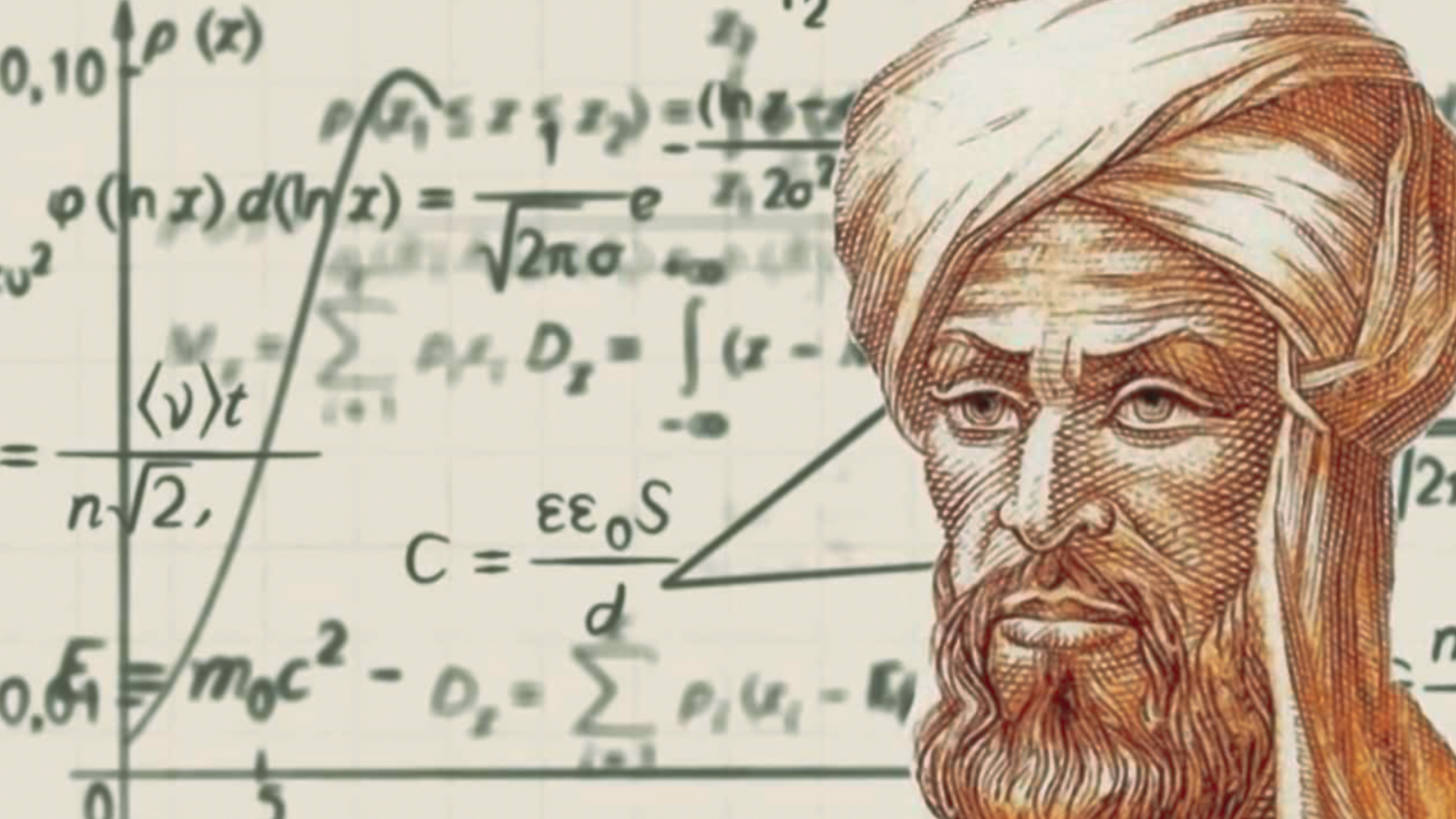
10 Important Inventions Made by Muslims
25.03.2022
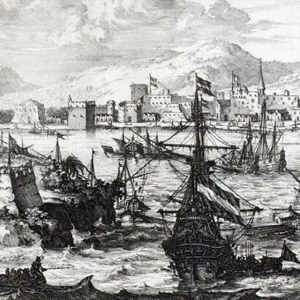
10. Coffee : Nowadays the Western world’s drink du jour, coffee was first brewed in Yemen around the 9th century. In its earliest days, coffee helped mystical Sufis stay up late during nights of devotion. Later brought to Cairo by a group of students, the coffee buzz soon caught on around the Arab world. By the 13th century it had reached Turkey, but not until the 16th century did the beans start boiling in Europe, brought to Italy by a Venetian trader.
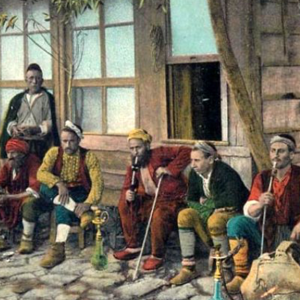
9. Café : The use of coffee spread across the region and led to a second invention—the cafe. Although the use of coffee became increasingly widespread in society, it was for hundreds of years closely associated with religion. The record of the world’s first coffee shop is thought to be Kiva Han, which opened in Constantinople (modern-day Istanbul) in 1475.
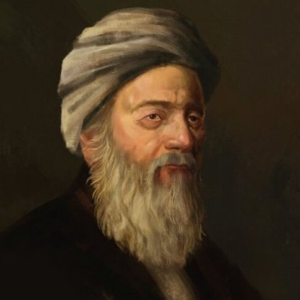
8. Flying Machines : A thousand years before Kitty Hawk, Muslim poet, astronomer, musician and engineer Abbas ibn Firnas, made several attempts to construct a machine that would fly. First in 852, he used cloth stretched by wooden struts inventing what is thought to be the first parachute. At the age of 70, a machine of silk and eagle feathers held him aloft for 10 minutes after he leaped from a cliff. Baghdad airport is named after him.
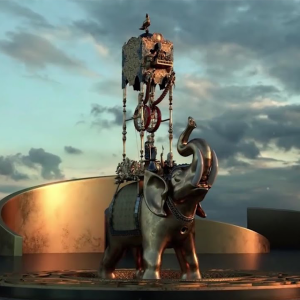
7. Clocks : An ingenious man called al-Jazari from Diyarbakir in South-East Turkey was a pious Muslim and a highly-skilled engineer who gave birth to the concept of automatic machines. By 1206, al-Jazari had made numerous clocks of all shapes and sizes. Just as we need time today to structure our lives, so too did Muslims over seven hundred years ago. Al-Jazari was sticking to the long Muslim tradition of clock-making. They knew it was important to know the time so it could be used well through doing good deeds: knowing when to pray at the right time each day and announce the call to prayer in mosques.

6. The Crank-Shaft : The crank-shaft, one of the most critical mechanical inventions of all time and central to the automobile engine, was created by an ingenious Muslim engineer called al-Jazari. His device could elevate water for irrigation around the year 1200. His Book of Knowledge of Ingenious Mechanical Devices documents his inventive uses for valves and pistons, mechanical clocks and the first-ever combination lock. He is called the father of robotics.
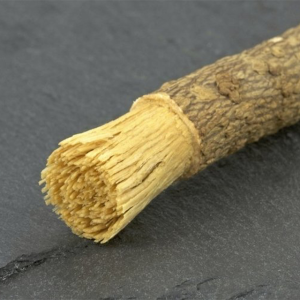
5. Toothbrush : According to Hassani, the Prophet Mohammed popularized the use of the first toothbrush in around 600. Using a twig from the Meswak tree, he cleaned his teeth and freshened his breath. Substances similar to Meswak are used in modern toothpaste.
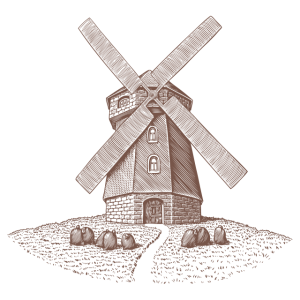
4. Windmill : Each year, when the Arabian desert dried up, the only way for people to survive was to perform the backbreaking task of drawing water and grinding grain by hand. In 634, a clever Muslim inventor built the first windmill, which tapped into the only source of energy the desert could offer – a wind which blew steadily for months at a time. The first windmills had six or twelve sails covered in fabric or palm leaves. They provided power to draw water for irrigation, and turn mill stones for grinding corn. Europe wouldn’t see its first windmill for another 500 years.
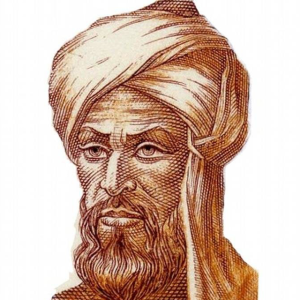
3. Algebra : The word “algebra” comes from the title of a Persian mathematician’s famous 9th century treatise “Kitab al-Jabr Wa l-Mugabala” which roughly translates into “The Book of Reasoning and Balancing”. Through this work Al-Khwarizmi introduced the beginnings of algebra. It’s important to understand just how significant this new idea was. In fact, it was a revolutionary move away from the Greek concept of mathematics, which was essentually based on geometry. The same mathematician, Al-Khwarizmi, was also the first to introduce the concept of raising a number to a power.
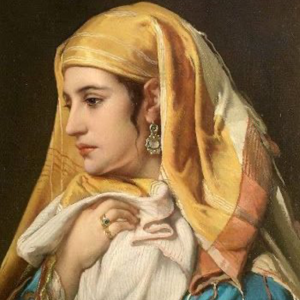
2. University : The quest for knowledge is close to the heart of Muslims. In the Quran, they are urged to seek knowledge, and to observe and reflect. So, Fatima al-Fihri, a devout and pious young woman, wanted to give the Fez community a learning centre. Like some of the grand mosques, al-Qarawiyin in Fez soon developed into a place for religious instruction and political discussion. It gradually extended its education to all subjects, particularly the natural sciences, and so it earned its name as one of the first universities in history.
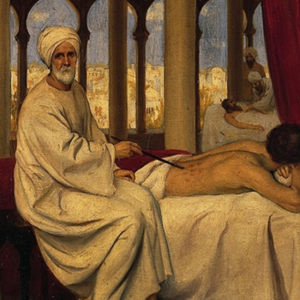
1. Surgery : Around the year 1,000, the celebrated doctor Al Zahrawi published a 1,500-page illustrated encyclopedia of surgery that was used in Europe as a medical reference for the next 500 years. Among his many inventions, Zahrawi discovered the use of dissolving cat guts to stitch wounds — beforehand a second surgery had to be performed to remove sutures. He also reportedly performed the first caesarean operation and created the first pair of forceps.

